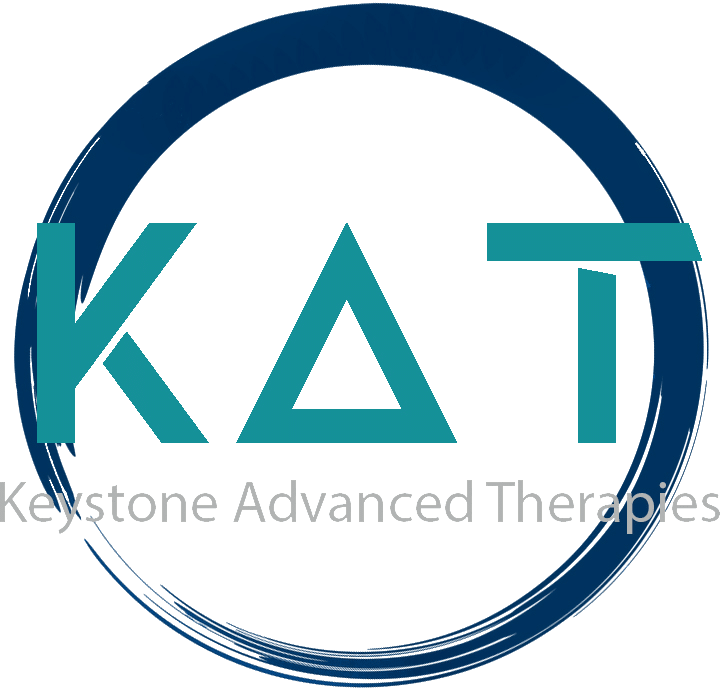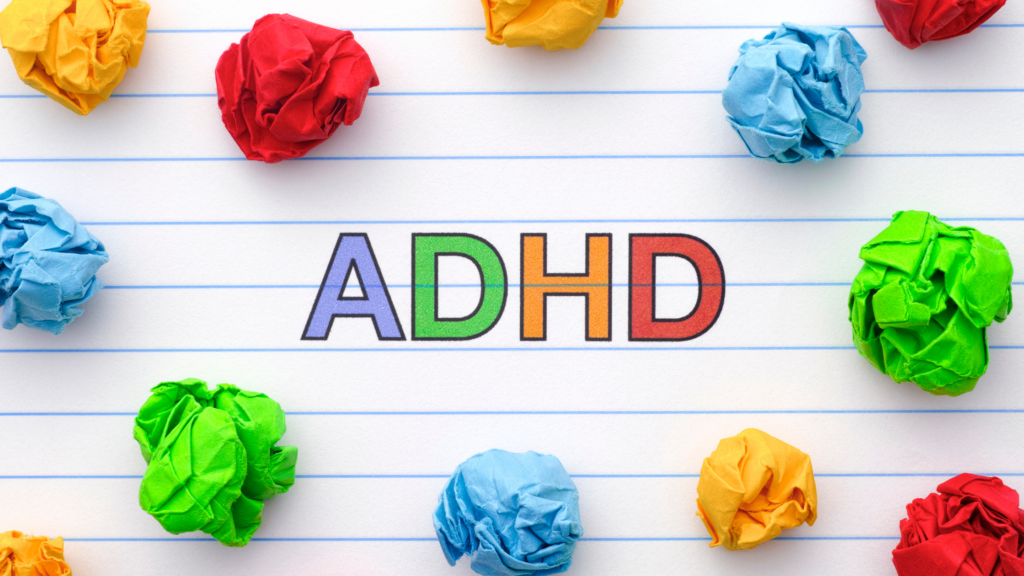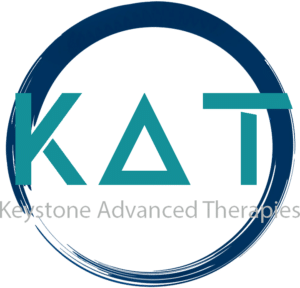Understanding ADHD
ADHD, also known as attention-deficit/hyperactivity disorder, impacts individuals of all ages, causing difficulties in maintaining focus, controlling impulses, and managing hyperactivity. Effective ADHD treatment is vital for addressing these challenges and improving the quality of life for individuals with the disorder. At Keystone Advanced Ketamine Therapy, we offer a comprehensive and holistic approach to diagnosing and caring for ADHD patients. Our professional team is dedicated to providing personalized ADHD care that encompasses both physical and emotional aspects of the condition.
ADHD Care: At Keystone Advanced Ketamine Therapy, we are committed to offering holistic care for individuals with ADHD, focusing on their unique needs and challenges.
ADHD Treatment in West Lawn
At Keystone Advanced Ketamine Therapy, individuals can access comprehensive ADHD treatment in West Lawn. Our clinic is dedicated to providing professional care that addresses the diverse needs of individuals with ADHD. We offer a holistic approach to ADHD treatment, focusing on both the physical and emotional aspects of the disorder.
The West Lawn community plays a crucial role in supporting individuals with ADHD and their families. Access to local resources and support networks is essential for effective ADHD treatment. By fostering a supportive environment, we aim to enhance the overall well-being of individuals with ADHD and provide them with the necessary tools for managing their condition effectively.
Recognizing Symptoms
Common ADHD Symptoms
- ADHD signs often manifest as difficulty paying attention, impulsivity, and hyperactivity.
- These indicators can vary in intensity and may present differently in individuals.
Impact on Daily Life
- The symptoms of ADHD can significantly impact various aspects of daily life, including academic performance, social interactions, and overall well-being.
- Understanding the impact of these indicators is crucial for developing effective treatment strategies that address the unique challenges faced by individuals with ADHD.
By recognizing the common symptoms and understanding their impact, individuals and caregivers can take proactive steps towards seeking appropriate support and interventions for managing ADHD effectively.
Diagnosis and Therapy
Professional Diagnosis
Accurately diagnosing ADHD involves thorough assessments and evaluations conducted by qualified healthcare professionals. These evaluations may include detailed interviews, behavioral observations, and the use of standardized rating scales to gather comprehensive information about the individual’s symptoms and their impact on daily life.
Early diagnosis is paramount in initiating appropriate therapy and support for individuals with ADHD. It allows for timely intervention, which can significantly improve the long-term outcomes for those affected by the disorder.
Holistic Therapy Options
Therapeutic approaches for managing ADHD encompass a holistic range of options tailored to meet the diverse needs of individuals. These may include medication, behavioral therapy, educational interventions, and lifestyle modifications such as exercise routines and dietary adjustments.
A holistic therapy plan takes into account not only the individual’s specific symptoms but also their unique circumstances and challenges. By addressing all aspects of the individual’s life, including physical, emotional, and social factors, a holistic approach aims to provide comprehensive support for individuals with ADHD.
Managing ADHD Across Ages
Childhood ADHD Management
Addressing childhood ADHD requires a collaborative effort involving parents, educators, and healthcare providers. By working together, they can create a supportive environment that caters to the unique needs of children with ADHD. Early intervention is crucial in providing children with the necessary tools to manage their symptoms effectively. It also sets the stage for long-term success by addressing challenges early on and promoting positive outcomes as children grow and develop.
Adult ADHD Care
Managing ADHD in adults involves tailored therapy approaches and lifestyle adjustments to accommodate the unique needs of individuals. Supportive resources and ongoing care play a vital role in helping adults navigate the challenges associated with ADHD. By offering comprehensive support, including access to therapy options and lifestyle modifications, adults can effectively manage their symptoms and improve their overall well-being.
Bridging Gaps in ADHD Treatment
Addressing Misconceptions
- Misconceptions about ADHD can lead to misunderstandings and create barriers to effective treatment and support for individuals with the condition. It’s important to address these misconceptions through education and awareness initiatives. By providing accurate information about ADHD, we can help dispel myths and ensure that those living with the disorder receive the understanding and support they need.
Education and Awareness: “Understanding ADHD is crucial for creating a supportive environment that embraces individuals with the condition.”
Conclusion
In conclusion, addressing ADHD requires a comprehensive approach that considers both the physical and emotional needs of individuals. By raising awareness and fostering understanding, we can bridge existing gaps in ADHD treatment and offer better support to those affected by the disorder. Effective management of ADHD, from diagnosis to therapy, is crucial for enhancing the quality of life for both children and adults. With a holistic focus on ADHD care, we can make significant strides in improving outcomes for individuals with the condition.










